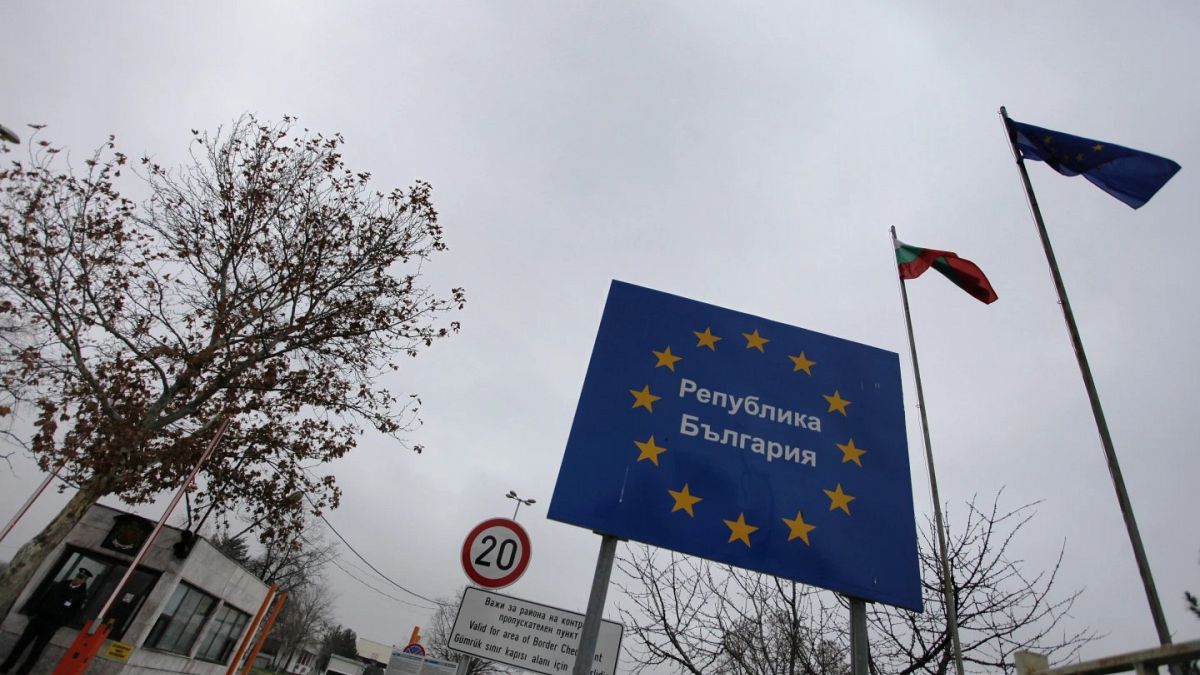The European Union (EU) has voted to lift internal land border controls with Romania and Bulgaria, allowing them to join the Schengen Area in the New Year. This decision marks the end of a long journey for the two countries, as border checks at air and sea points were lifted earlier this year. Romania and Bulgaria will officially become full members of the Schengen Area on 1 January 2025, after starting their journey towards accession in 2011. This move will eliminate long queues at 30 land borders between the two countries, making travel more efficient and convenient for EU citizens.
The decision to allow Romania and Bulgaria to join the Schengen Area has been met with enthusiasm from the people of both countries. Romanians, in particular, are pleased with this development as it will save them significant time when travelling abroad by car. Previously, long queues at border controls could result in hours of waiting, causing a major inconvenience for those transporting goods. With the removal of internal land border controls, these queues will no longer be a concern, although random document checks may still be conducted to prevent crime.
The path to joining the Schengen Area has not been without obstacles for Romania and Bulgaria. Both countries faced opposition from other EU members, with Austria blocking their accession in 2023 due to concerns over irregular migration. Bulgaria also encountered opposition from the Netherlands during the process. Despite these challenges, Romania started negotiations to enter the Schengen Area in 2011 when it met the necessary accession conditions. The Schengen Area currently includes 29 countries and close to 450 million people, making it one of the most significant achievements of European integration.
Joining the Schengen Area will bring numerous benefits to Romania and Bulgaria, including easier travel for their citizens and increased trade opportunities. The removal of internal land border controls will streamline the movement of goods and people, promoting economic growth and integration within the EU. This decision comes at a time when the global community is facing challenges such as the COVID-19 pandemic, highlighting the importance of unity and cooperation among European nations. Romania and Bulgaria’s accession to the Schengen Area signifies their commitment to furthering European integration and fostering stronger ties with their EU neighbors.
In conclusion, the decision to lift internal land border controls and allow Romania and Bulgaria to join the Schengen Area is a significant step towards deeper European integration. This move will facilitate easier travel for EU citizens, promote economic growth, and strengthen the bond between member states. Despite facing obstacles and opposition along the way, Romania and Bulgaria have persevered and successfully met the necessary requirements for accession. As they officially become full members of the Schengen Area on 1 January 2025, both countries can look forward to a future of increased cooperation, prosperity, and unity within the EU.




















